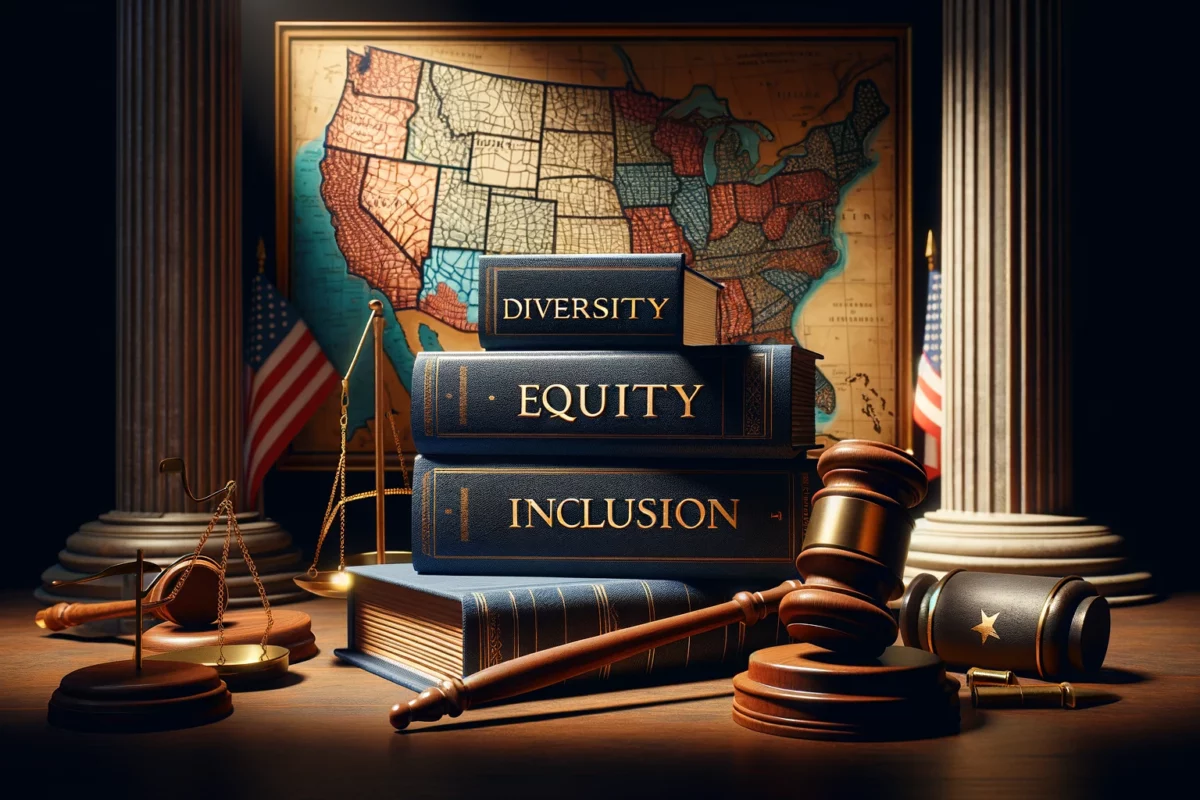By FOCUS, A Leonine Business
Since 2023, conservative lawmakers across the country have been increasingly focused on implementing restrictions on diversity, equity, and inclusion (DEI) initiatives. This wave of efforts has sparked debates over free speech, censorship and the role of government in addressing systemic inequalities.
DEI encompasses a broad range of efforts aimed at correcting inequities within organizations, including accessibility measures, anti-discrimination policies and anti-bias training. Critics of the anti-DEI legislation, including teachers’ unions and free speech advocacy groups, argue that these laws amount to censorship and could impede progress in addressing inequality.
So far, 10 states have implemented various forms of restrictions on DEI. These states include Alabama, Florida, Idaho, Indiana, North Carolina, North Dakota, Tennessee, Texas, Utah and Wyoming. Since 2023, 82 DEI bills have been introduced in 28 state legislatures around the country. Twelve of these initiatives have been enacted, while 35 have died. These measures range from banning the use of state funds for diversity-based programs on college campuses to outright prohibition of diversity offices at universities, as seen in Texas. Florida’s legislation, on the other hand, extends beyond the public sphere, targeting diversity training in private workplaces as well.
The pushback against DEI initiatives gained momentum after the Supreme Court set new limits on affirmative action last year, prompting concerns about the legality and effectiveness of race-based policies in addressing historical inequalities in education and employment. And in some states, the judiciary has intervened in the legislature’s attempts to restrict DEI. For instance, judges have blocked Florida Governor Ron DeSantis’ Stop WOKE Act, citing concerns about its enforceability and potential violations of the First Amendment.
Amidst this legal and ideological battleground, there have been attempts at the federal level to codify DEI practices for federal agencies. Earlier this month, U.S. House Democrats introduced legislation in this regard, signaling a broader national conversation about the role of DEI in government and society. The two bills, titled The Federal Government Equity Improvement Act and The Equity in Agency Planning Act, would push federal agencies to enact policies focused on providing equal opportunity for all, including people of color, women, rural communities and individuals with disabilities.
The ongoing debate over DEI initiatives reflects deeper divisions within American society regarding race, equality and the role of government. While some view these efforts as essential for addressing systemic injustices, others see them as government overreach or political correctness run amok. As the conversation continues, the future of DEI policies in the United States remains uncertain. FOCUS will continue to monitor the legislative developments of DEI in the coming year.

